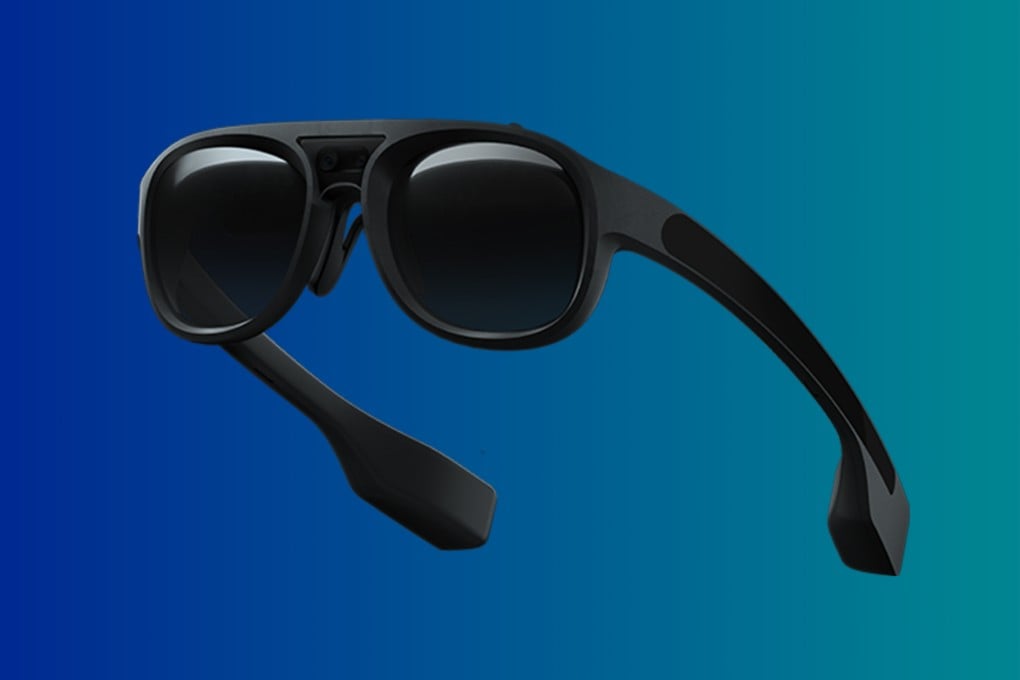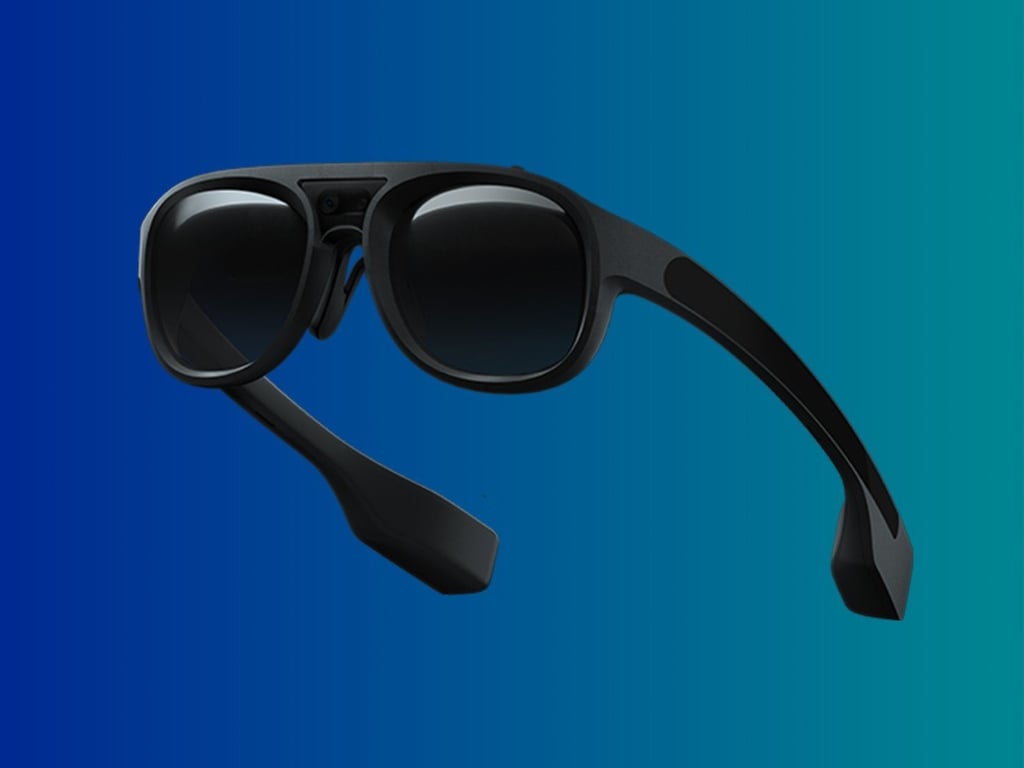Advertisement
Rokid promises to mass produce AR glasses
The Rokid Glass is less bulky than most AR glasses, but nobody knows how well it’ll work
Reading Time:2 minutes
Why you can trust SCMP

This article originally appeared on ABACUS
Many expect augmented reality (AR) glasses to be the next big thing, but nobody’s come close to cracking it just yet. The latest attempt is from Chinese smart home device maker Rokid, whose prototype AR glasses generated buzz at this year’s CES in Las Vegas. And yesterday it showed off an updated version -- with a promise to mass produce them by the end of this year.

AR glasses, which aim to layer digital information on top of your view of the real world, have struggled to take off because right now they’re bulky, limited and expensive.
Advertisement
Intel's smart glasses looked great and promising but eventually failed. Microsoft’s Hololens is impressive, but it costs US$3,000 and isn’t ready for consumers. Magic Leap’s long-awaited glasses have yet to be officially unveiled. And as for the pioneer, Google Glass? Beyond the limited technology of the time and high price tag, it also brought up a host of cultural issues -- and gave birth to the name “Glassholes”.
Rokid’s prototype had similar troubles at CES 2018 -- some called it clunky and ugly -- but many were still excited about what it could potentially do. Some of its features even impressed, like one that recognizes faces and displays their information.
Advertisement

Advertisement
Select Voice
Choose your listening speed
Get through articles 2x faster
1.25x
250 WPM
Slow
Average
Fast
1.25x